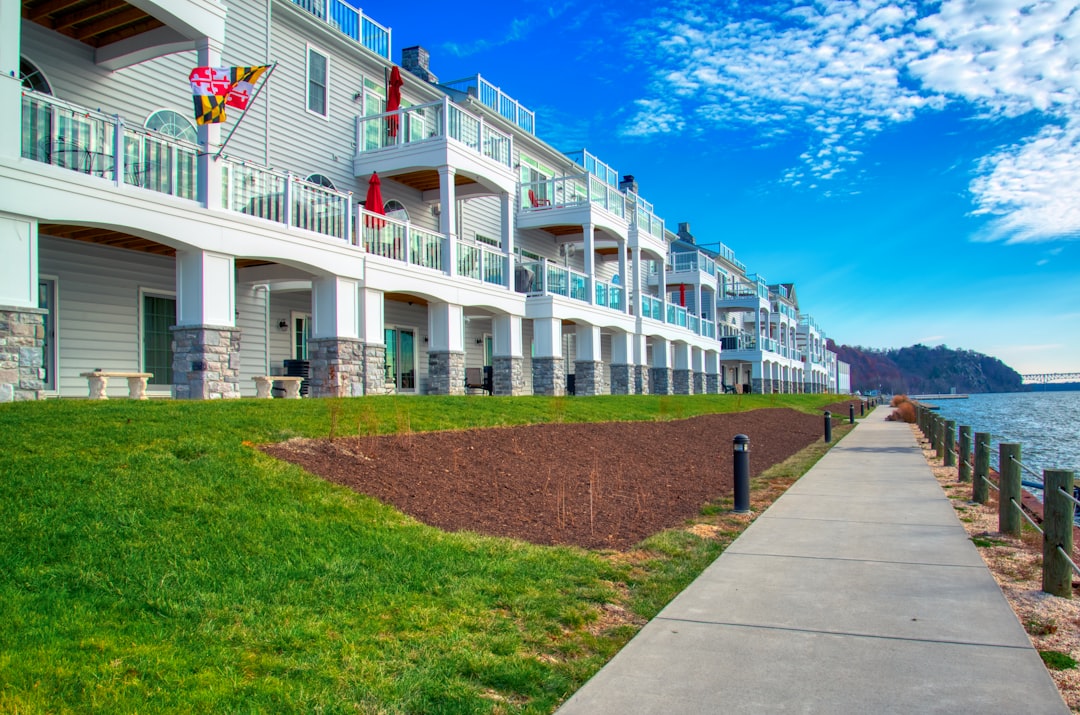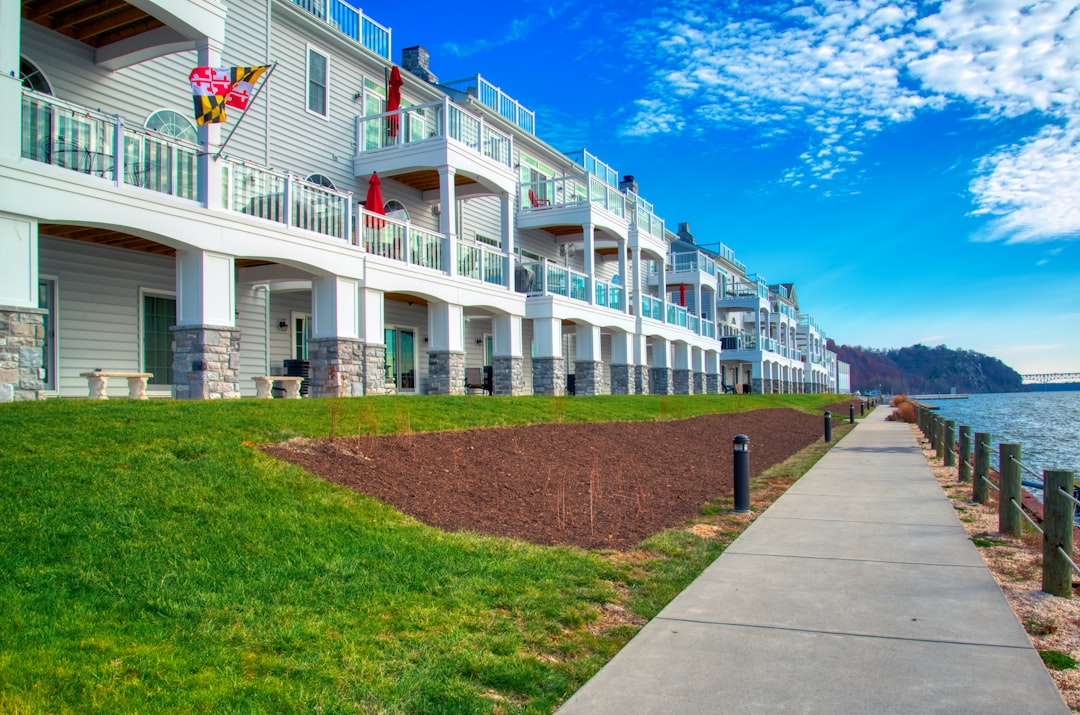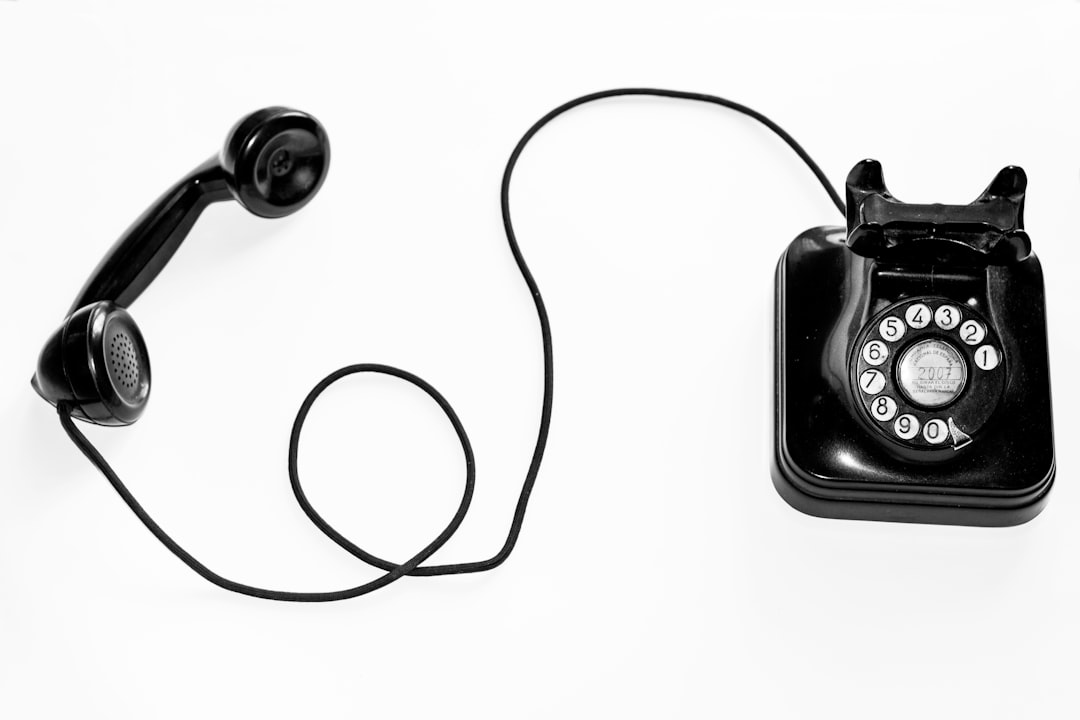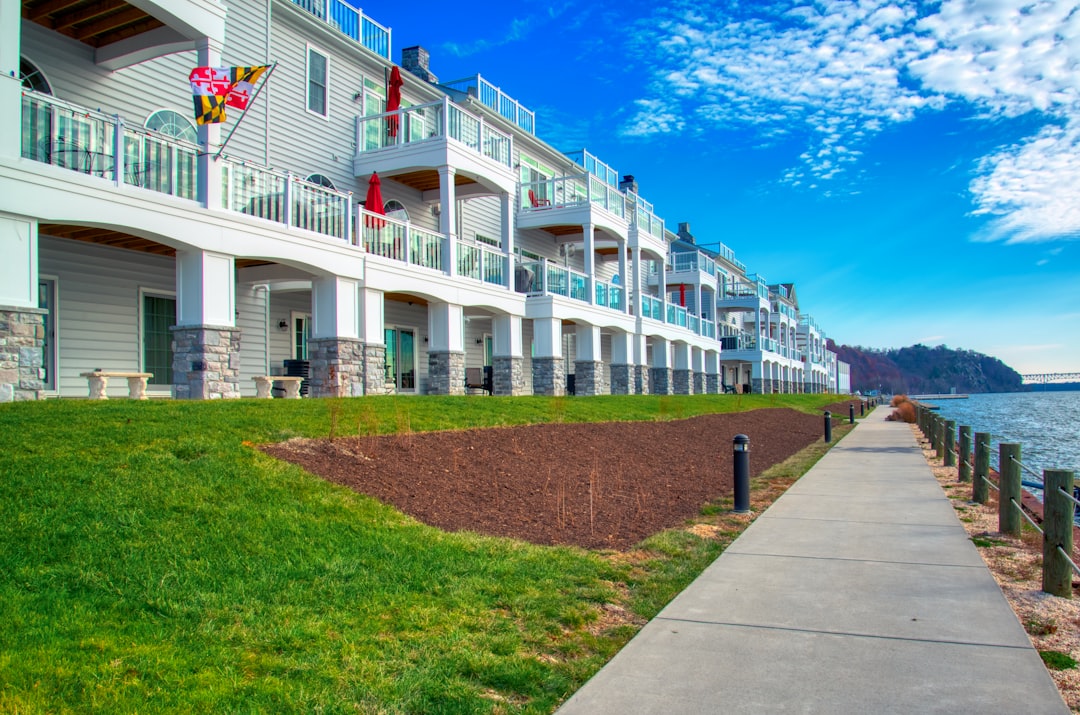Scammers posing as Cunningham Falls State Park representatives are targeting unsuspecting visitors in Thurmont, Maryland, with fraudulent rental offers. To protect yourself from these scams, verify all inquiries independently and communicate directly with the park through official channels. Never make wire transfers or gift card payments to unknown callers claiming to represent the park. Report suspicious activity to local law enforcement and the Maryland Attorney General's Office for consumer protection. Always use official methods to book rentals, like the Maryland Department of Natural Resources (DNR) website, and avoid sharing personal information over the phone.
Thurmont’s Cunningham Falls State Park is a sought-after escape, but visitors are increasingly facing a deceptive scam. Impostors posing as park staff are making fraudulent cabin rental calls, aiming to take advantage of unsuspecting guests. This article uncovers the scam, provides practical advice for parkgoers on what to do if they receive such a call, and highlights official channels to report and combat these deceptive practices, all while emphasizing that no attorney is needed in Maryland for this issue.
Understanding the Scam: How and Why It Targets Cunningham Falls Visitors
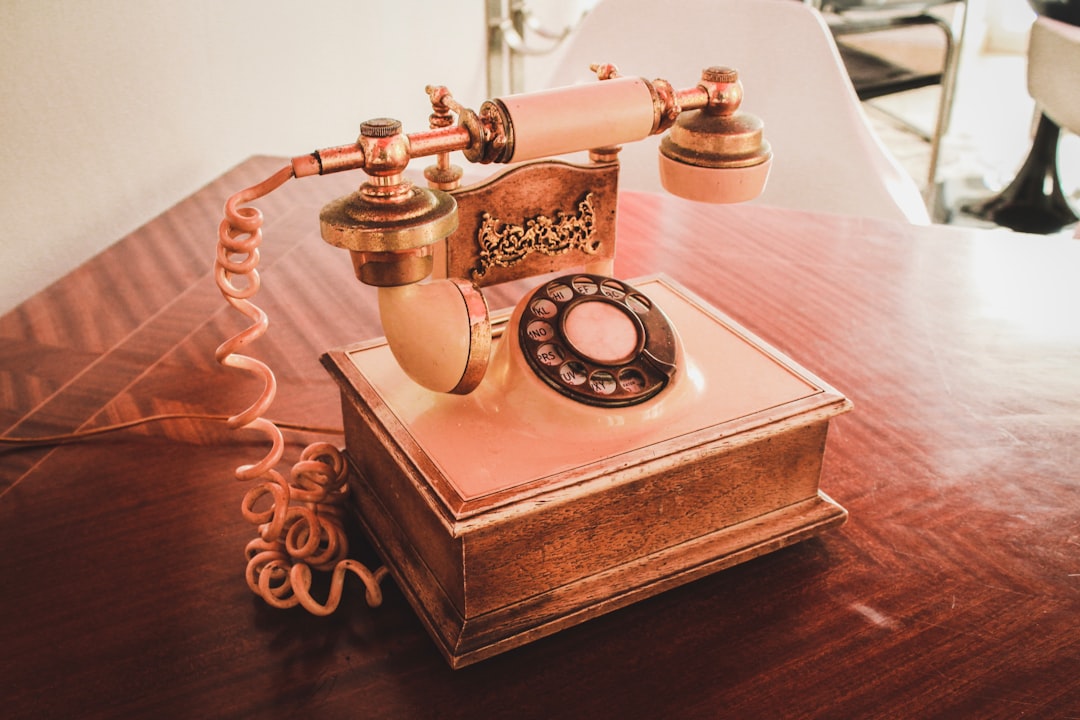
The scam targeting visitors to Cunningham Falls State Park in Thurmont, Maryland, has become a growing concern for park management and locals alike. This deceptive practice involves scammers posing as representatives from the state park or nearby areas, making phone calls to potential cabin renters with misleading offers and demands. Typically, they urge victims to pay promptly through wire transfers or gift cards to secure the rental, claiming that it’s a limited-time opportunity.
These scams often prey on visitors’ excitement and eagerness to experience the natural beauty of Cunningham Falls. Scammers may target people looking for a peaceful retreat or a family vacation, taking advantage of their trust in official sources. By avoiding direct communication with park staff and using unofficial payment methods, scammers aim to avoid detection and leave victims vulnerable. Therefore, it’s crucial for visitors to remain vigilant, verify the legitimacy of any rental inquiries, and always contact the park directly through official channels to ensure a safe and legitimate experience.
What to Do If You Receive a Suspicious Call: A Step-by-Step Guide for Park Goers

If you receive a suspicious call about renting a cabin at Cunningham Falls State Park, don’t panic, but do take immediate action. First, do not provide any personal or financial information over the phone unless you have independently verified the caller’s identity and legitimacy. Next, hang up and contact the park directly using an official number – often available on their website or by searching for “Cunningham Falls State Park contact” – to confirm if the call was genuine.
Then, report the incident to local law enforcement and the Maryland Attorney General’s Office, which has a dedicated section for consumer protection. Provide them with details such as the caller’s number, time of day, and any specific claims or requests made during the call. This information can help authorities track down fraudulent activities and protect other potential victims. Additionally, share this experience within community forums to raise awareness among fellow park enthusiasts.
Official Channels and Resources: Protecting Yourself and Reporting Scams Effectively at Cunningham Falls State Park

At Cunningham Falls State Park, protecting visitors from fraudulent activities is a top priority. To ensure your safety while renting a cabin, always utilize official channels and resources provided by the park. The Maryland Department of Natural Resources (DNR) offers a dedicated website with up-to-date information on legitimate rental options, allowing you to book directly without worrying about scams.
If you encounter any suspicious calls or interactions claiming to be from the park or local authorities asking for immediate payment, do not engage. Instead, contact the DNR directly through their official phone numbers or online platforms. Reporting such scams is crucial; by doing so, you help protect not just yourself but also other potential visitors. Remember, legitimate park services will never demand urgent payments over the phone.
